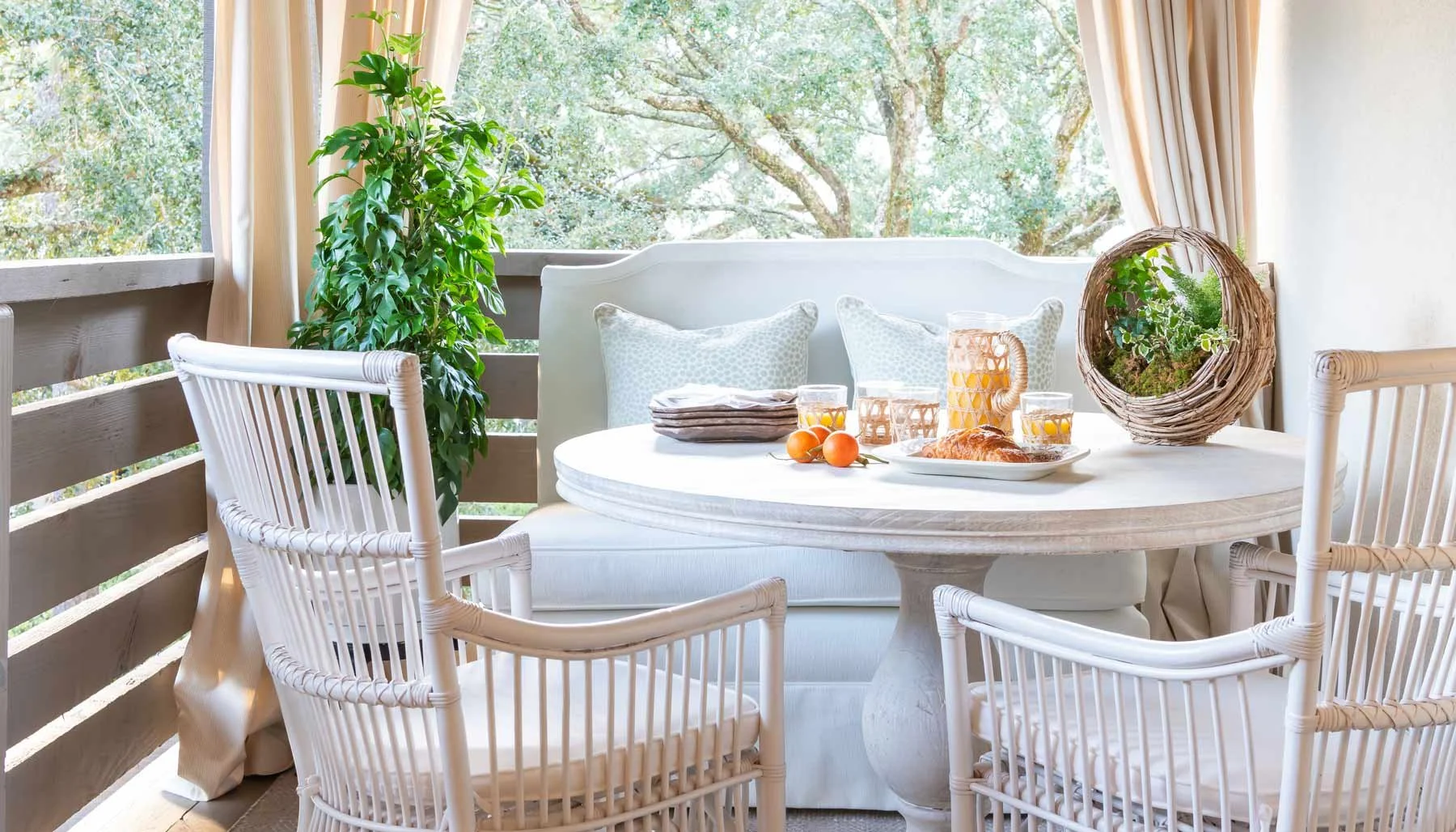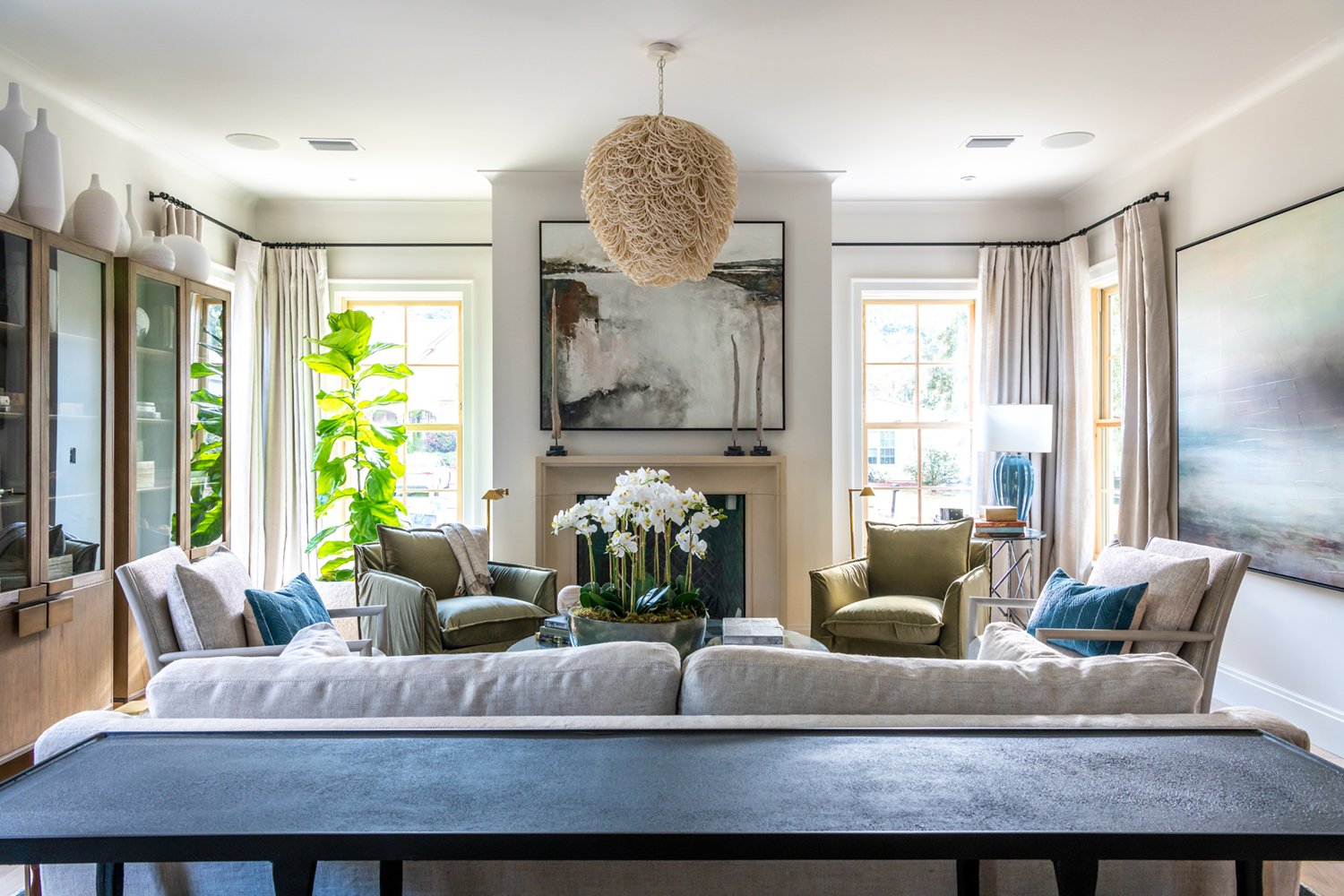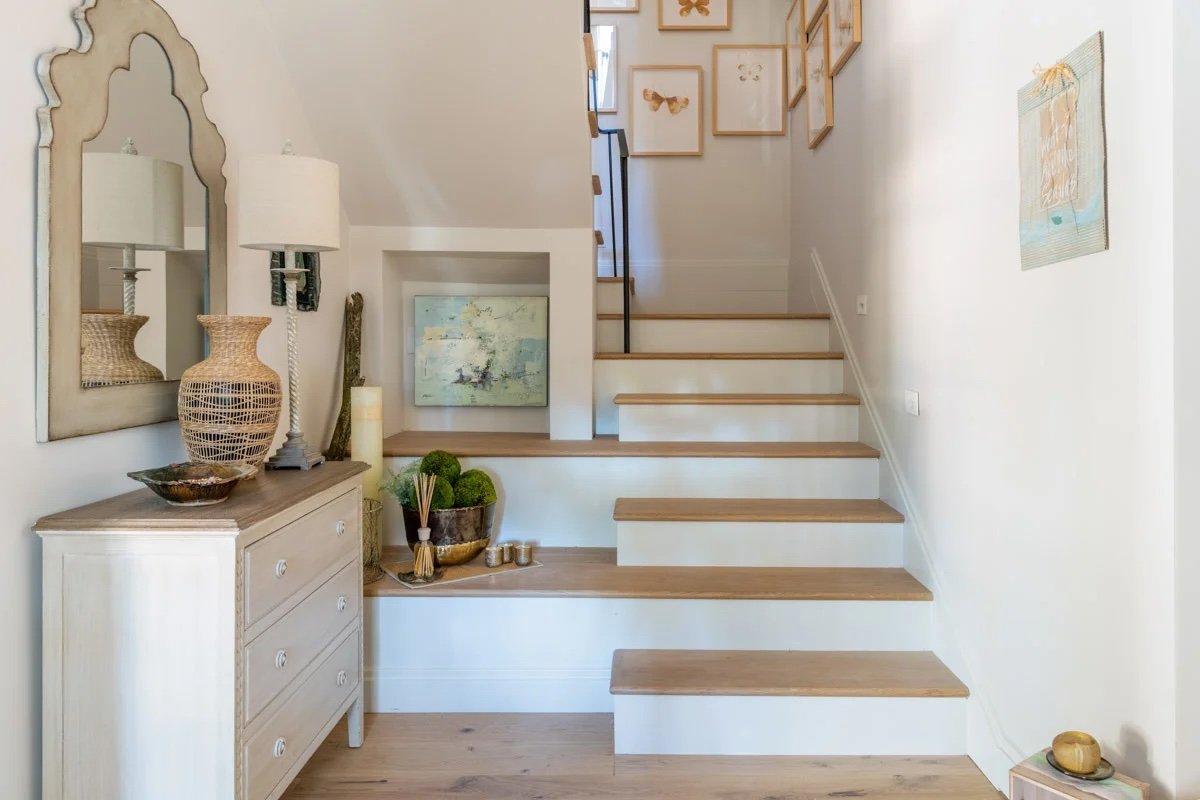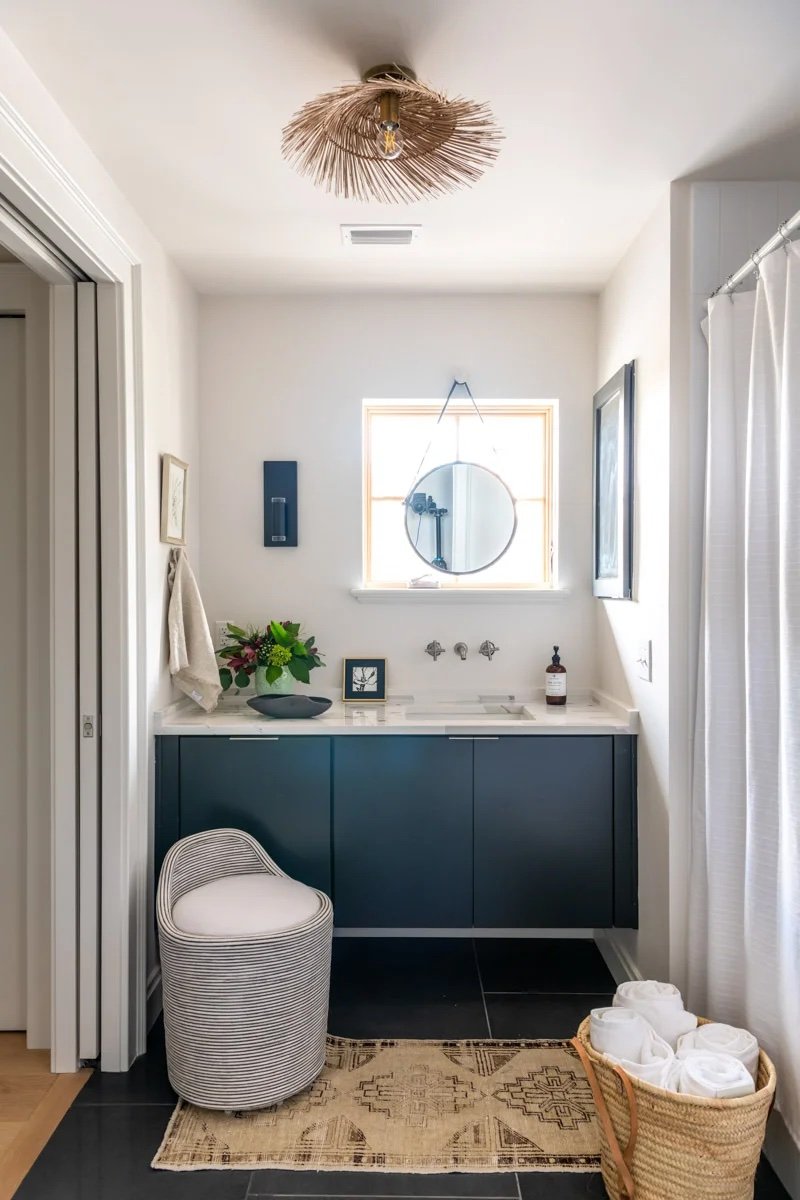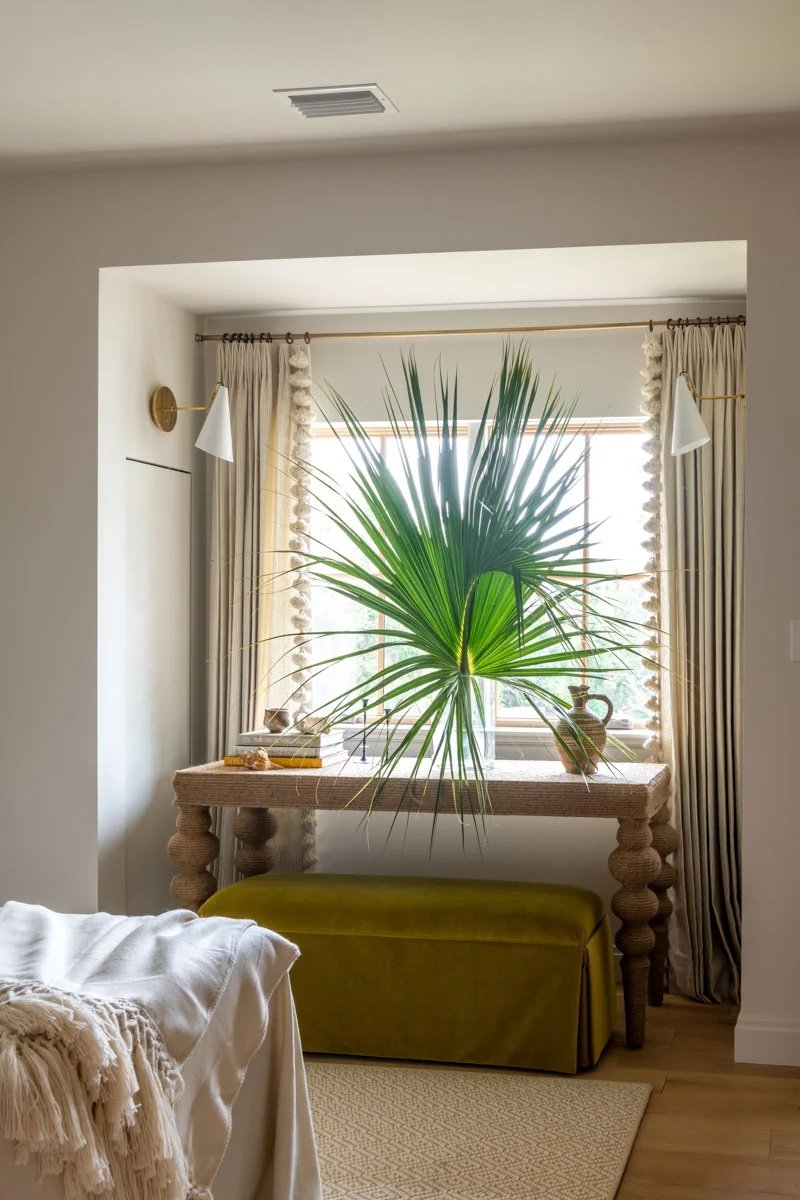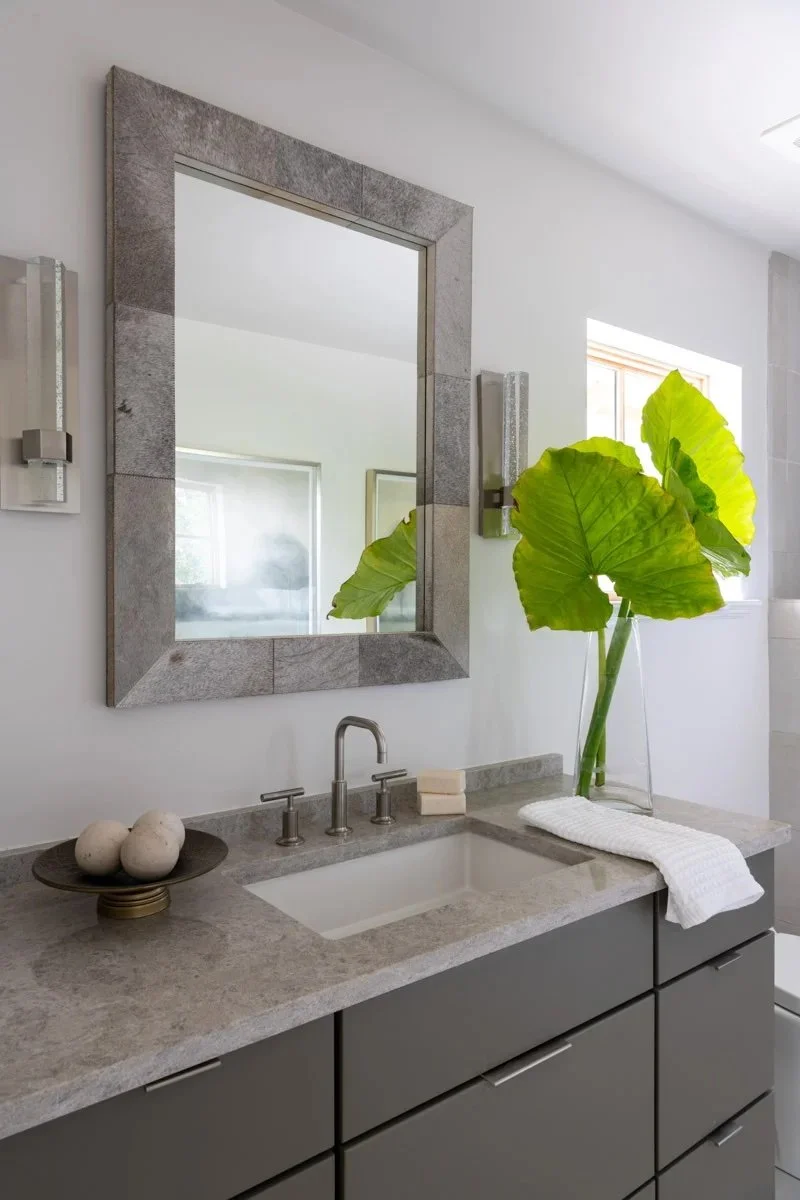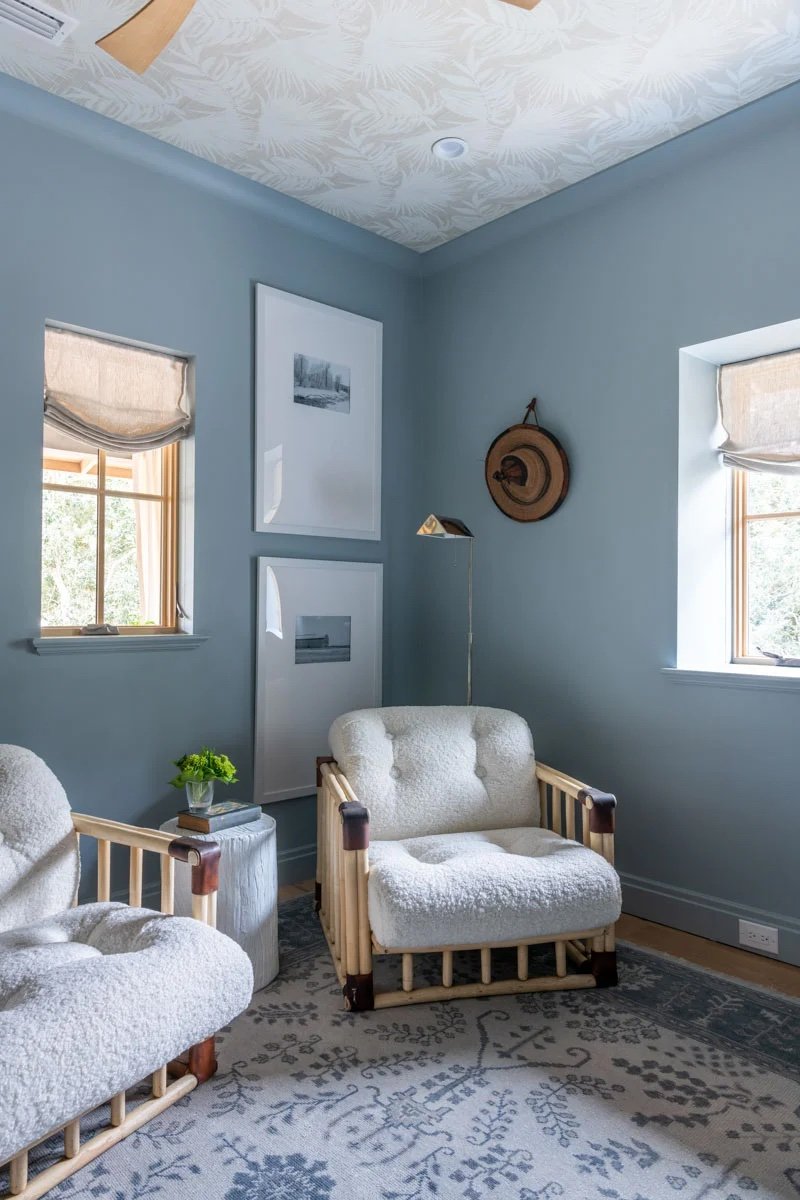Mobile Bay Green Inspiration Home
Our Green Inspiration Home, presented as Mobile Bay magazine's 2021 Inspiration Home, celebrates a healthy coastal lifestyle and a healthy environment, with beauty and style.
From a sustainable home design to landscaping that’s both elegant and eco-friendly, Fairhope’s first ‘Green’ Inspiration Home showcases a variety of features that highlight the exciting ways we can build – and live – smarter and more sustainably in South Alabama.
As designer and architect on the project, Watershed was proud to partner with some amazing local professionals to create a durable and resilient home that allows its occupants to live luxuriously next to nature while reducing their environmental footprint.
The pollution avoided by the Inspiration Home’s rooftop solar array is equal to planting 2,528 trees, or taking 31.6 vehicles off the road. Also notable: The home boasts a 72% energy use reduction, 16,400 gallons of water saved per year, and 9.5 tons of CO2 pollution prevented each year.
Inspiration from Nature
The architecture of the Inspiration Home draws on diverse influences, from the Arts and Crafts movement’s embrace of craft as antidote to the homogeneity of mass production, to the ways that Cape Dutch and French Colonial design adapted traditional styles to a hot humid climate. We were also inspired by the original Fairhopers who loved the arts, were optimistic intellectuals, and drew inspiration from nature.
Designed for the Climate
The architecture of the Inspiration Home is largely shaped by the site and climate.
The lot slopes ten feet from front to back, which allows for covered parking and a half basement (the Flex Studio) to be tucked underneath the main house, and more landscape to be retained for the owners’ enjoyment. The deep roof overhangs shelter the home from both the heat of the sun and the intense rainfall of the Gulf Coast, and the windows and skylight are placed to capture daylight for each room and introduce views into nature.
It is the second Zero Energy Ready and Indoor AirPlus certified home in Fairhope and all of south Alabama.
The home takes a pragmatic approach to energy conservation. While this is a luxury home, Watershed used the same affordable green design strategies they have used with Habitat for Humanity and other affordable home builders to create a 50% energy use reduction.
Interior Design
The interior design provides health and comfort by integrating natural materials, views to nature, interior plants, water elements, and dynamic natural lighting. Numerous studies show these “biophilic” design strategies reduce heart rates and promote positive mental health and wellbeing. Interior materials also promote health by eliminating toxic ingredients that could impair indoor air quality.
Smart Building Materials
Choosing smart building materials begins with the same kinds of questions that many people ask about their food: “Where does it come from?”, “How was it made?”, and “Can I pronounce the ingredients?” Buying local, and screening for simple, clean ingredients is a great way to reduce the environmental impact of building materials.
Durable & Resilient
The home’s adaptable design and a resilient structure create peace of mind, but they also conserve materials by allowing the home to adapt to changing family needs without significant renovations and strength, and for it to weather storms and a harsh humid climate without deteriorating.
Landscape
The low-maintenance landscape is designed with both form and function in mind. It is a Certified Backyard Wildlife Habitat, which means that it provides food and cover for migrating birds and butterflies as well as ecosystem services to the community in terms of pollination and stormwater management. The food forest and kitchen garden also provide food for the homeowners to use and to share. Look closely, and you will find every fruit and nut tree from Fairhope’s historic street names. This landscape is intended to be enjoyed and shared!
Project type: residential new construction
Location: Fairhope, AL
Key team: Mobile Bay magazine, Blue Water Lumber, Ferguson Bath & Kitchen, Coastal Stone & Cabinetry, Green Gates, Jubilee Flooring, Riley-Stuart Supply Co., Residential Elevators, A&W Lighting, Conways Flooring, Coast Designs Kitchen & Bath, Sunfarm Energy, Keen Living, USG
Certifications: Zero Energy Ready, WaterSense, Energy Star, Indoor AirPlus

